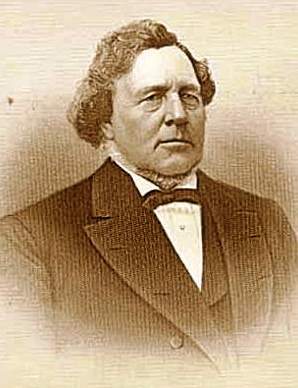|
Moses Lake Washington Temple
The Moses Lake Washington Temple is a temple of the Church of Jesus Christ of Latter-day Saints (LDS Church) located in Moses Lake, Washington. After its dedication in September 2023, it became the church's fourth temple in the state of Washington. History On April 7, 2019, during the church's general conference, church president Russell M. Nelson announced plans to construct the Moses Lake Washington Temple. The temple's location was announced on October 29, 2019, on a 17-acre site located on Yonezawa Boulevard between Division Street and Road K NE. It is visible from Interstate 90, which runs along the south side of the property. On April 7, 2020, a rendering of the temple was released. Plans show a single-story temple of roughly 20,000 square feet with a center spire. On September 11, 2020, the church announced that a groundbreaking, to signify the beginning of construction, would take place the following month. The groundbreaking occurred on October 10, 2020, with Davi ... [...More Info...] [...Related Items...] OR: [Wikipedia] [Google] [Baidu] |
Temple (LDS Church)
In the Church of Jesus Christ of Latter-day Saints (LDS Church), a temple is a building dedicated to be a House of the Lord. Temples are considered by church members to be the most sacred structures on earth. Upon completion, temples are usually open to the public for a short period of time (an "open house"). During the open house, the church conducts tours of the temple with missionaries and members from the local area serving as tour guides, and all rooms of the temple are open to the public. The temple is then dedicated as a "House of the Lord", after which only members who are deemed worthy are permitted entrance. Temples are not churches or meetinghouses designated for public weekly worship services, but rather are places of worship open only to the faithful where certain rites of the church must be performed. At present, there are temples in many U.S. states, as well as in many countries across the world. Several temples are at historical sites of the LDS Church, such ... [...More Info...] [...Related Items...] OR: [Wikipedia] [Google] [Baidu] |
Area Seventy
Seventy is a priesthood office in the Melchizedek priesthood of the Church of Jesus Christ of Latter-day Saints (LDS Church). Traditionally, a church member holding this priesthood office is a "traveling minister" and an "especial witness" of Jesus Christ, charged with the mission of preaching the gospel to the entire world under the direction of the Twelve Apostles. The church teaches that the office of seventy was anciently conferred upon the seventy disciples mentioned in the Gospel of Luke . Multiple individuals holding the office of seventy are referred to collectively as seventies. History of the seventy in the LDS Church Place in church hierarchy In practical terms, the priesthood office of seventy is one which has varied widely over the course of history. As originally envisioned by church founder, Joseph Smith, in the 1830s, the seventy were to be a body composed of several separate quorums of up to seventy members each, all of which would be led by seven presidents. T ... [...More Info...] [...Related Items...] OR: [Wikipedia] [Google] [Baidu] |
Temples (LDS Church) Completed In 2023
A temple (from the Latin ) is a building reserved for spiritual rituals and activities such as prayer and sacrifice. Religions which erect temples include Christianity (whose temples are typically called churches), Hinduism (whose temples are called Mandir), Buddhism, Sikhism (whose temples are called gurudwara), Jainism (whose temples are sometimes called derasar), Islam (whose temples are called mosques), Judaism (whose temples are called synagogues), Zoroastrianism (whose temples are sometimes called Agiary), the Baha'i Faith (which are often simply referred to as Baha'i House of Worship), Taoism (which are sometimes called Daoguan), Shinto (which are sometimes called Jinja), Confucianism (which are sometimes called the Temple of Confucius), and ancient religions such as the Ancient Egyptian religion and the Ancient Greek religion. The form and function of temples are thus very variable, though they are often considered by believers to be, in some sens ... [...More Info...] [...Related Items...] OR: [Wikipedia] [Google] [Baidu] |

